How to Choose an Executive Search Firm — Ask The Right Questions
If you don’t already have a go-to partner, choosing an executive search firm can produce justified anxiety. The fees are significant, and a poor outcome is extremely costly. Having a clear idea of what you want in a search partner in advance and what questions to ask can de-escalate the stress, leading to smoother processes and better outcomes.
Below you’ll find seven questions to ask any prospective search consultant. But first, there is a single, crucial question you should be asking yourself — and keep asking yourself throughout the process:
Given what it is possible to know at this stage, do I believe that I can trust this consultant and their team to be our partners in the process?
A good executive search partnership prioritizes listening and understanding. Consultants will take the time to listen and get to know your organization and its context. Partnership means they will be honest and clear about strategies and prospects. They will tell you the truth if things aren’t going well or when strategies need adjustment. They don’t operate on a purely transactional basis, and they care about your organization. They will do everything they can to push through to the best outcome possible.
Every search firm that survives in the marketplace will be competent in the actual practice of search, but there are important questions to be asked about specialization, methodology, and so forth. The best results, in our experience, come from the combination of competence, trust, and partnership.
Ask These Seven Questions Before You Decide
- What relevant experience does this consultant possess?
Does this firm specialize in my context or my organization’s context, and how important is that specialization to my context? Methodology matters too. Some specialist firms rely primarily on their pre-existing network. This can be an effective methodology in a straightforward search. In a more nuanced search, where context, character, unusual challenges, or need for change management exist, it may be more important to partner with a firm that will go deep with you, can accommodate nuance and challenge, who will break new ground, and be more hands-on and creative in the sourcing process.
- How flexible are their search capabilities?
Some firms specialize in a region or in limited titles: Chief Financial Officers or HR searches, for instance. Think of it like surgery—there are straightforward operations for which you want the surgeon who has done the procedure a thousand times, and there are also times when you want the surgeon who is working on new techniques, who might be a little more innovative in their approach. An additional consideration is the number of searches you will be doing. If you are likely to hire consultants for more than one search, using specialists means starting over with a new consultant multiple times. There is utility to choosing a more versatile firm who gets to know you, your organization, and its culture. That familiarity during the search process usually leads to better fits and better tenures in the candidates.
- How do they assess candidates?
You will want to think of this question contextually. If you are searching for a straightforward position in a clear setting, then a straightforward assessment methodology with a predetermined set of standard interviews is likely fine. If your context is more nuanced or complex, you should be listening for a good combination of discipline and flexibility in your search partner’s methodology. Below are a few examples of how we would ask those questions:
- How many interviews do you expect to hold?
- How does your interview methodology change as candidates progress through the process?
- Who will interview these candidates—a single consultant or multiple?
- Are these one-on-one interviews?
- Once your interviews are complete, how will you present candidates in a way that helps us to compare them?
- How do you create an equitable experience for candidates within your process?
- How long will it take to find qualified candidates?
In addition to the total time to hire, we recommend asking about the timing of different phases of a search. Once you have a sense of the duration of each phase, it can help you to see where the process may be vulnerable to delays, and therefore, better estimate the total time to hire. A few examples include:
- How long does your discovery process take? How long will it be before the position is posted?
- How long does your sourcing and assessment process take?
- How will you help us to navigate our own interview process?
- What parts of the search do you pre-schedule, and which do you leave flexible?
- What are the expected deliverables?
Once you have a good understanding of the methodology and timeline, you will want to have a clear understanding of all deliverables, as well as what you can expect from your search partner and what is expected from you.
- How many meetings do you envision holding, in what format, and when?
- Can you describe a failed search?
We believe the best way to test a consultant’s mettle is to get them talking about a process that did not work. This gives you a chance to assess their transparency, and help you understand how they deal with challenges. This can tell you a great deal about their adaptability and character.
- Why did the process fail to deliver the intended outcome?
- When did you know the process was in trouble?
- What did you do to try to save it?
- How did you handle your fees in this particular context, and why?
- What information do you need from me?
The Best Next Step?
Contact us for an open, fee-free conversation. We welcome all of the above questions and any others that come to your mind. Our organization thrives on and prioritizes relationship- and trust-building. You’ll find us honest, collaborative, and ready to listen. Since a good fit is just as important to the consultant as it is the client, you can expect us to have questions too.

